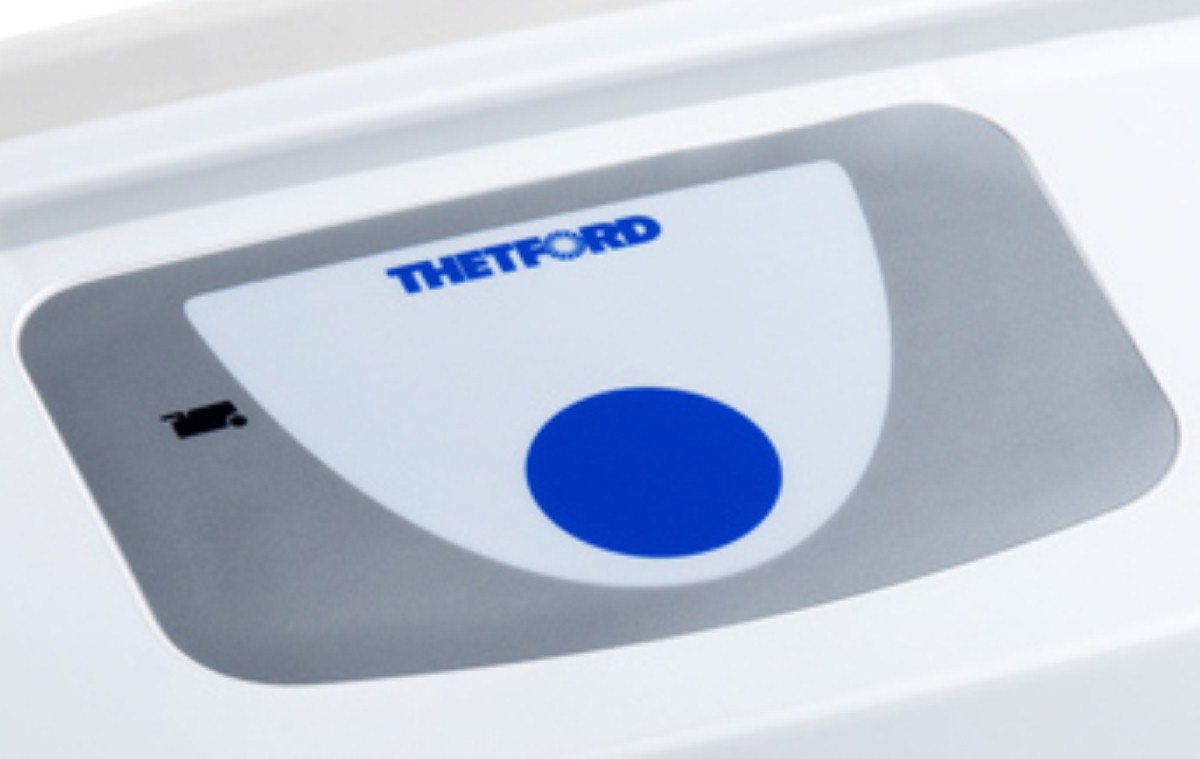Do we really need to completely drain down our Caravans for winter storage?
I can see some people use a pressurised tool to completly blast all the water out, but is it really required?
When you open the valves to drain, then open all the taps, doesn't the water pump and boiler drain down completely, and any water left in the pipes will bew settled?
At the last site I unscrewed the shower hose and gave a good couple blows which seemed to do the trick.
I mean there will always be some residual water left, so clearing it completely may be fruitless.
Then when the new season starts, flush it thoourghly with the Puriclean.
I can see some people use a pressurised tool to completly blast all the water out, but is it really required?
When you open the valves to drain, then open all the taps, doesn't the water pump and boiler drain down completely, and any water left in the pipes will bew settled?
At the last site I unscrewed the shower hose and gave a good couple blows which seemed to do the trick.
I mean there will always be some residual water left, so clearing it completely may be fruitless.
Then when the new season starts, flush it thoourghly with the Puriclean.


